Did you ever wondered how back in the day photographers could get a good exposure without all this equipment we have now? They actually used a Sunny 16 rule. You will learn about it in this photography lesson.
VISUALS FROM THE VIDEO:
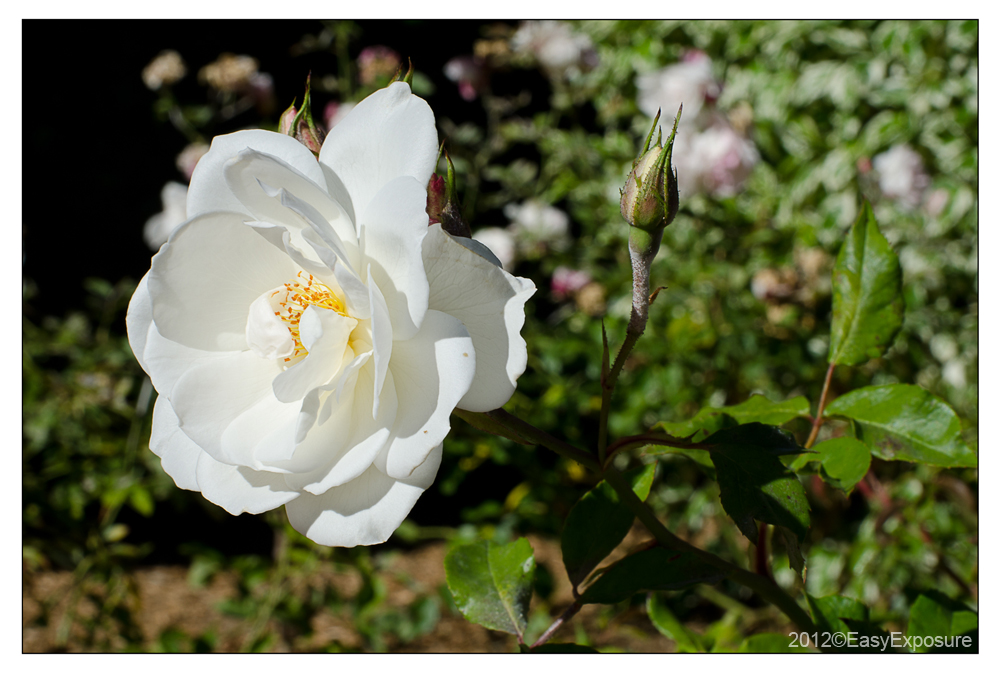 Exposure data: ISO 100 F/16 1/125
Exposure data: ISO 100 F/16 1/125
Camera:Nikon D7000
Lens: Nikon Nikkor 50mm f/1.4
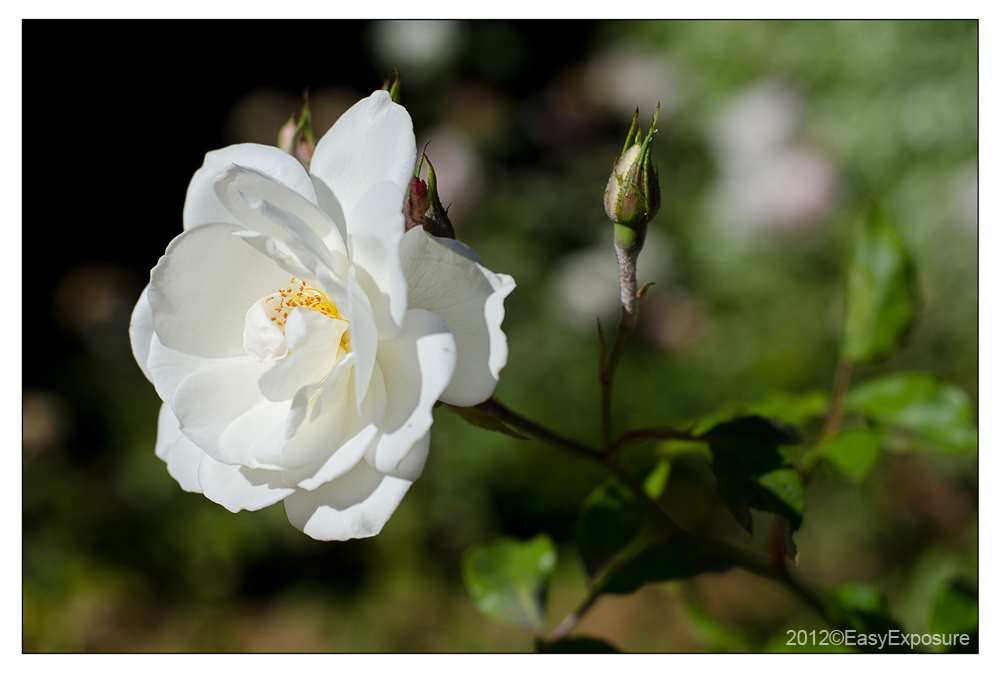 Exposure data: ISO 100 F/4 1/2000
Exposure data: ISO 100 F/4 1/2000
Camera: Nikon D7000
Lens: Nikon Nikkor 50mm f/1.4
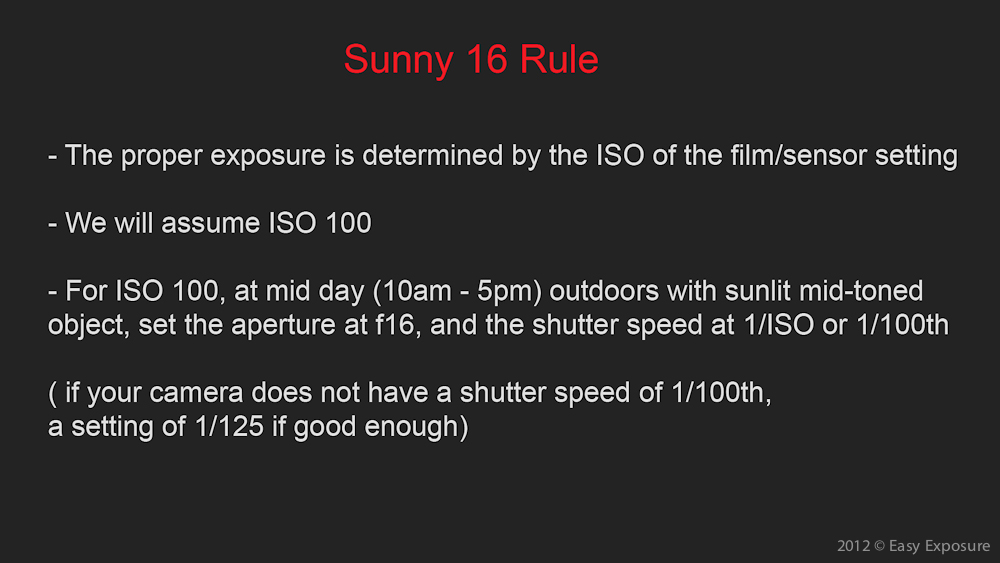
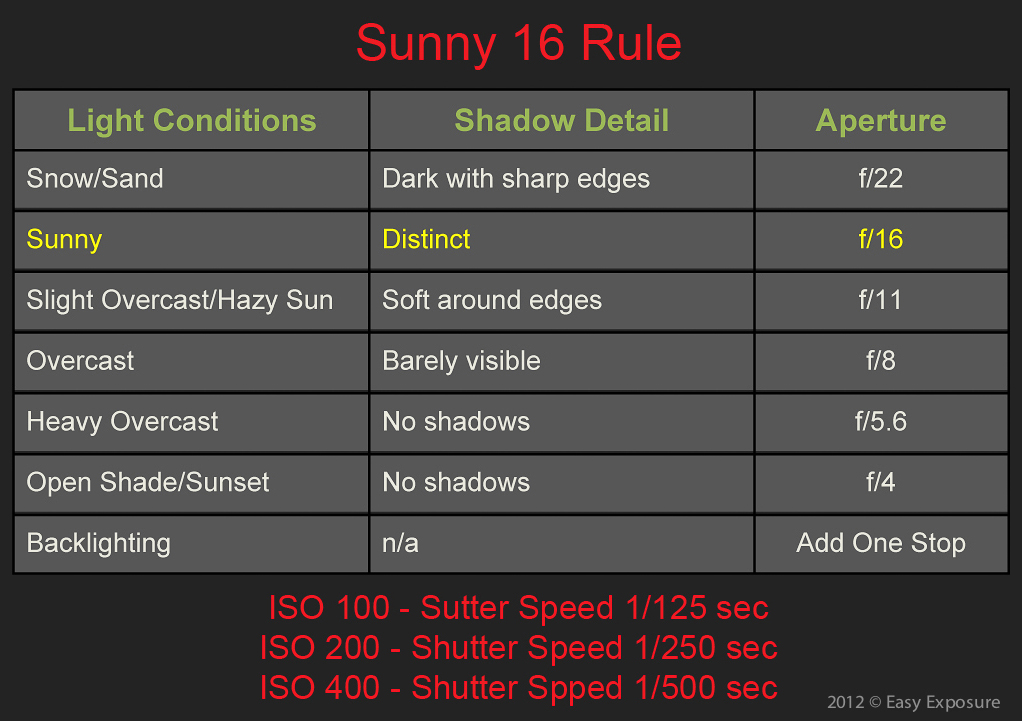
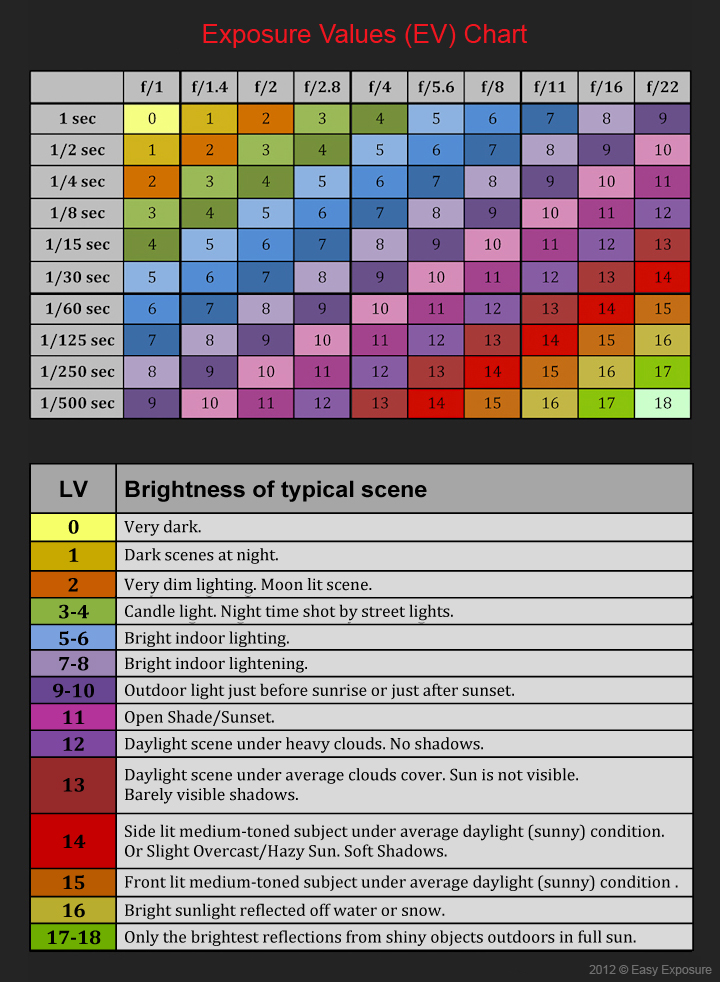
hi oksana thanks for this lesson it helps me a lot as an event photographer this is my problem on my pic how to set my camera on different situation. you make my job simple thanks a lot…!!!! more power to you and God bless
Hye Oksana.. i already subscribe your channel at u tube a few month ago. You are really good teacher for me.. i learned a lot from you and with this tutorial make me want shoot more and more.. Thanks a lot…
Regards,
your fans from Malaysia.
thank you Oksana for this awesome tutorial, you are good teacher, I learned a lot from your videos.
Regards,
Your fan from India 🙂
Hi Oksana,
I was wondering how do you determine initial ISO? Lets say its a bright and sunny day. Do I always start with ISO 100 at f16? Then, depending on the picture and depth of field i need, i will refer to the EV chart?
Sorry, I am still a bit confused!
From Singapore
You always want to use smallest ISO possible for least amount of noise. In most cases on a bright and sunny day, you don’t need to use ISO higher then 100, unless the lowest ISO in your camera in 200. For example my old Nikon D70 had the lowest ISO of 200.The EV chart is based on ISO 100.
Hi Oksana,
Thanks for your valuable tutorials, which you made very simple and explanatory.
Very useful for someone like me who is beginner.
Thank you,
Sam
from Australia
What if it’s sunny so based on the chart it should be f16 and I have a backlit subject to shoot. Based on the chart I should add one stop so f22. But what if my camera (canon 1000D) doesn’t have stops greater than f16, what to do to have good exposure?
Marie-Christine
Actually it the lens that limits the aperture value and not the camera, so your lens would only allow you an aperture of f/16. You can compensate this by doubling the shutter speed which will half the amount of light by one stop. (same as going from f/16 to f/22)
hi, thank you so much for your youtube videos. They are extremely helpful for a beginner like me. Really really appreciate it. Love all the examples you give.
I have had my D90 for some 18mths, and have really struggled with reading through the manual and trying to make sense of even the basics.
Having now found your website and watched the first few tutorials (the basics) I am off and running. I have now downloaded all the tutorial videos and watch then over as that helps me to digest all the information in them.
Many many thanks for your all your work in making the videos, they really have opened up my understanding of how photography and cameras work.
I realise how difficult it is to suggest specific lenses, but perhaps that would make a good video also. My goal is to produce good wildlife photography, at present I only have the standard Nikon 55-105mm that came with the D90, and a 24mm macro lens. I am considering the Nikon 70-300m VX 3.5/5.6 as my next step, anything larger may produce camera shake without a tripod I believe. But what would you suggest.
Vectis
Excellent
Hi Oksana,
I am just an entry level into photography. I know photoshop and illustrator. But now i am thinking of expanding my knowledge into this discipline.
I have just now bought Nikon D5200 camera with 18-55 mm vr kit lens. I came across your tutorials in youtube. you are an awesome teacher. I learned a lot from you. Thanks for such an honest and sincere effort. Please keep us posted with your knowledge. As they say sharing of knowledge, unlike any other thing only enhances it.
Thanks again
Yes Oksana you teach in a way that everyone can understand. I enjoy your classes very much. I wish you had more on photoshop. There is so much to learn there.